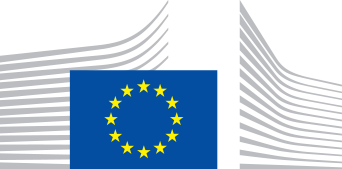The requirements to bring non-conventional isotopes to clinical uses - Prof. C. Decristoforo


The requirements to bring non-conventional isotopes to clinical
Prof. Clemens Decristoforo
Medical University Innsbruck
Non conventional radioisotopes can potentially be used for various clinical purposes. If used for the preparation of radiopharmaceuticals for therapy or diagnostic applications (PET or SPECT) they have to be considered as medicinal products being highly regulated within Europe, basically covered by directive 2001/83 within the EU. Potentially the radioisotope itself can be considered as Medicinal product or when bound to a targeting carrier as final radiopharmaceuticals.
Different routes have been used to translate novel radiopharmaceuticals into the clinic, a major path is by conducting a prospective clinical trial. EU-regulation on clinical trials is currently in a transition phase with a new regulation No 536/2014 potentially allowing central submission of even multinational Clinical Trial applications in the near future. Investigational Medicinal Products (IMPs) in principle have to be prepared according to Good Manufacturing Practices (GMP), specific guidelines define when this process starts and to which extent it has to be applied.
Preclinical development includes the generation of data related to the quality of the radiopharmaceutical, which should follow principles defined in the European Pharmacopoeia. Additionally, data on efficacy and especially safety have to be provided for the submission of an Investigational Medicinal Product Dossier (IMPD). Safety data related to the radiation are important, but also related to the toxicity of the non-radioactive compound. Additionally, data on pharmacokinetics and pharmacological action need to be provided.
Beyond preclinical data of the radiopharmaceutical, a number of documents related to clinical trial conduct addressing Good Clinical Practices (GCP) need to be developed complementing submission dossiers for evaluation by competent authorities. Clinical trial design then is related to the phase of development and the potential intent to finally gain marketing authorisation of the radiopharmaceutical. These processes, their requirements and legal background will be addressed during this lecture.